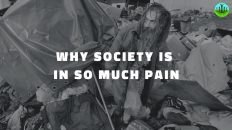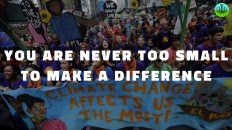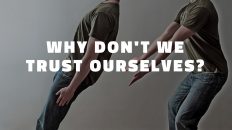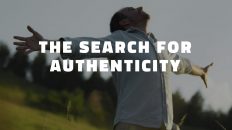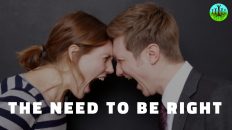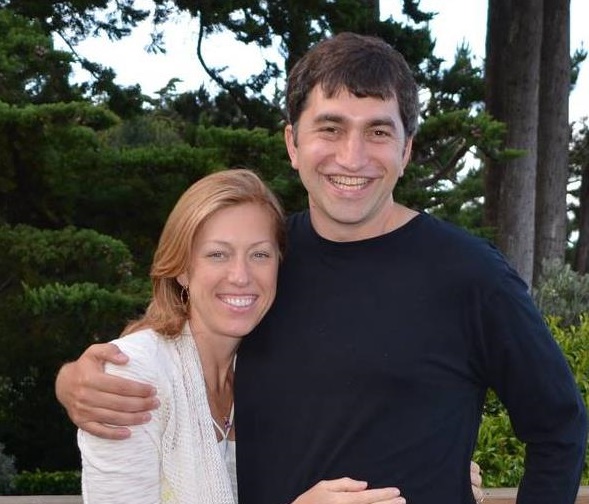When you look at corporate behavior and the behavior of some of the powerful people in the system, it sure looks like the problem is greed. The problem is that there are these horrible people doing horrible things and running corporations and governments that are doing horrible things.
When we assign blame in that way, we are substituting a false problem that we kind of know how to solve for the real problem which we don’t know how to solve. The false problem that we do know how to solve is how to defeat a bad guy. The movies have taught us how to do that. You kill the bad guy or you lock up the bad guy or you destroy and humiliate and get him fired and then the problem is solved.
That picture gets complicated when you realize that the behaviors of the bad guys are created and to some extent dictated by the institutions that they are in. Not that there is no leeway. Yes, there are always moral choices in any situation but in general if you are the CEO of some corporation and you decide that you are going to stop using fossil fuels in your company, if you deviate too far in a way that harms the bottom line, then that insitutition will eject you even if the board of directors privately agree with you.
Maybe you are the owner of the company and you can do whatever you want. Then you have to worry about market share and your bottom line. The discipline of the market prevents anybody from deviating too far from what the market demands. And there are certainly exceptions that people can take in those positions to move toward the direction that we want to go in. But those steps require courage. For the CEO to launch even the smallest green initiative could take a lot of courage.
People in those positions needs a lot of support in order to do the right thing. That support can sometimes take the form of “hey, we’re watching what you are doing and you did this and that is causing this to happen,” so it is not shutting up about the negative consequences of corporate behavior, but to move from that to “aren’t you awful?” will make people defensive and it will make you seem like an idiot. Because they know that they are not awful. They took care of their neighbor’s dog when they were on vacation. They contributed money to this, that, and the other thing. They’re nice. They don’t think that they are awful. Almost nobody has a opinion of themselves that they are awful.
So this is the situation that we are lodged in. It’s partly economic. It’s partly infrastructural. It’s partly the habits that were imbued in us growing up in this culture – habits of competition, habits of scarcity, habits of judgement, habits of struggle. All of these things make us into who we are.
As we become aware of these influences, then we are able to overcome them. They no longer operate unconsciously. So if I see myself in judgement of somebody or reactively seeing them as a competitor or as a mark – how can I make money off of you. When I develop awareness of it, I’m like ok, I am operating out of a habit. And I can choose differently.
Sometimes even seeing an alternative is the information, and I mean information in the sense that something that comes in and forms you. Having a friend who quit his job and is traveling the country working on permaculture farms. Oh yeah, I could be doing that. It’s not like all of a sudden you became a better person. It’s that you got new information.
Therefore, if we want to change the system and change the behavior of people in the system, we can be providers of different information, which doesn’t necessarily mean intellectually-articulated data points. It could be the kind of information that we call unconditional acceptance, kindness, courage, or it could be seeing them as someone who is just like me and wants to make a difference in the world.
From that way of seeing, all kinds of things happen.











